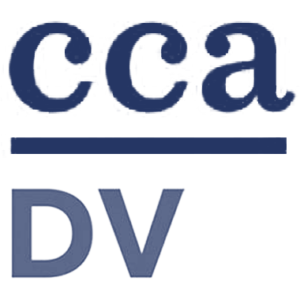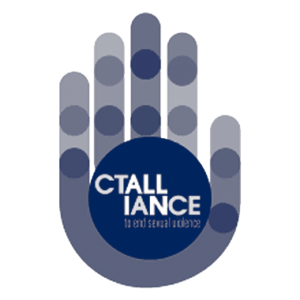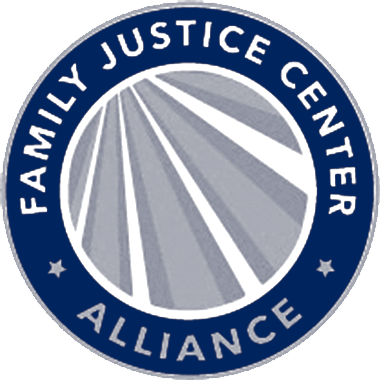Survivors Now Have Legal Recourse Thanks to CT Legislature
“The coercive debt has destroyed my credit. It will be hard for me to own my own home and anything that I have to do with credit – I can’t do anything. My mental health has been affected by this – just thinking about providing for my child. I feel manipulated, like someone took advantage of me, and I feel used. You have to get over all that stuff. I had to go to therapy to deal with the fact that someone I trusted did this to me.”
-Quote from CFJ Client
Domestic violence survivors who have experienced coerced debt – a prevalent and powerful form of economic abuse – will have legal recourse and a means of engaging with creditors to have the debt forgiven. SB 123, An Act Concerning Coerced Debt, was approved by the House and Senate during the most recent legislative session and is expected to be signed into law by Governor Ned Lamont, becoming effective on January 1, 2025.
What is Coerced Debt?
Almost all survivors of domestic violence report some form of economic abuse, including coerced debt. Coerced debt can take many forms including forcing a partner to file fraudulent legal financial documents or to overspend on credits cards, incurring debt in a partner’s name without consent and coercing a partner to incur debt through threats of harm.
What are the Consequences of Coerced Debt?
In addition to severely limiting a client’s available resources as they attempt to pay off the coerced debt, it leads to poor credit scores, which in turn creates barriers to education, housing and employment. This type of economic abuse allows abusers to maintain control over their partners because without a job, housing and transportation, it is impossible to become economically stable and independent.
Coerced debt has had a devastating impact on many CFJ clients and their families. In the words of one client, “Once he could no longer control me, he destroyed my credit and any sense of financial stability. He has taken money that could have gone to our [child’s] future and used it for his own gain. I will never be able to catch up on bills and will always struggle financially. He has robbed my [child] and me of financial security.”
Another client, post-divorce, was manipulated by their ex-spouse into co-signing for a car with the promise that they would help pick up their child from school and provide financial support whenever needed. No financial support ever came and a default on the car loan followed. The car was repossessed, and the client’s credit score dropped 180 points. The client’s plans to buy a home and finance a car were thwarted.
How this New Law Will Help
 It is well-documented that financial stress and anxiety is directly linked to mental and physical health. The new law will assist CFJ clients and others in attaining financial security and independence. It creates a process for victims of coerced credit card debt to address the debt directly with the creditor and includes a pause on collection activities during the review period.
It is well-documented that financial stress and anxiety is directly linked to mental and physical health. The new law will assist CFJ clients and others in attaining financial security and independence. It creates a process for victims of coerced credit card debt to address the debt directly with the creditor and includes a pause on collection activities during the review period.
If a debt is proven to be coerced, the victim is released from the debt and credit rating agencies are directed to delete it from the victim’s credit report. (The bill includes a ten-year statute of limitations and excludes debts that were previously considered and subject to a final dissolution of marriage).
The economic stability and independence of victims and survivors of domestic violence is critical to the health and well-being of our communities. Financial security increases access to employment and housing. Secure employment and housing leads to improved mental and physical health. In passing SB 123, Connecticut follows the lead of several other states that have enacted similar laws including California, Maine and Texas.
*Information for this article was provided by the Connecticut Coalition Against Domestic Violence







